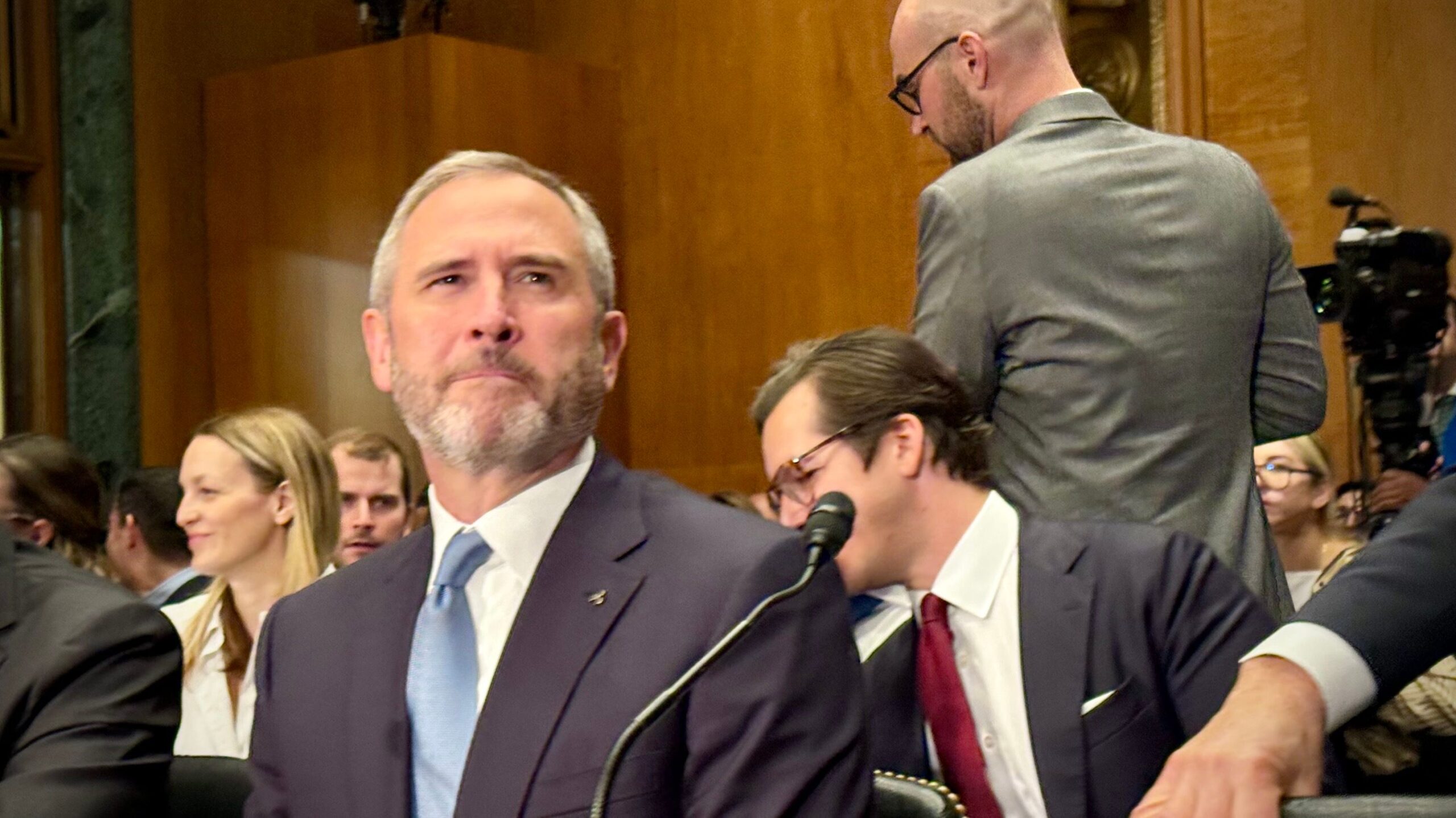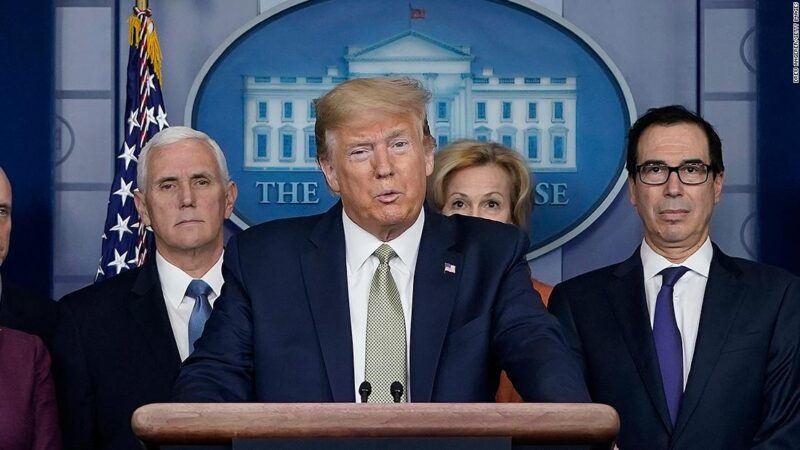Crypto industry presents US senators in hearing suggestions for the market structure

Insider of the crypto industry, including Ripple CEO Brad Garlinghouse, outlined their expectations of how the Senate could regulate the markets for digital assets in the United States, while Senator Elizabeth Warren explained some of the most important objections to Democrats During a hearing on Wednesday.
“In the past ten years, the legal and regulatory uncertainty about cryptocurrencies has prevented significant progress in the United States,” said Garlinghouse as part of his hearing before the Senate Committee for Banking. “At Ripple we experienced first -hand how the lack of clear rules of the game can be used to target serious actors.” Ripple was one of the companies that were sued by Securities and Exchange Commission during the first term of office by President Donald Trump.
This is one of two Senate committees – including the Senate Committee for Agriculture – that have to process the comprehensive law to structuring the crypto market. The banking committee has acted faster so far, but its colleagues in the agricultural committee have just started their own hearing for Tuesday. And the United States House of Representatives is preparing for the so-called “Crypto Week” next week to pursue a number of legislative projects, including the Digital Asset Market Clarity Act of the house, which is intended to create a legal infrastructure for the digitalasset markets.
The chairman of the banking committee, Tim Scott, a Republican from South Carolina, noticed during the hearing on Wednesday that he was hoping for the cross -party dynamics of the Senate.successful coordination To the guide and to set up the National Innovation for Us StableCoins from 2025 (Genius) Act – the House of Representatives will probably vote next week Likewise – it continues, while the committee turns to the more important part of the crypto legislation.
“The adoption of Genius is more than just a legislative success,” said Scott about the draft law on the draft of the law for the determination of regulations for US stable issuers, who could already be in the House of Representatives next week. “It is proof of what is possible if the congress works together and presents principles before party political interests.”
Senator Elizabeth Warren, the highest democrat in the committee and one of the most reliable critics in the Capitol, opened her comments on Wednesday with the indication that there are a number of “principles that should be based” without the door for a negotiation. However, one of these principles was the increasingly controversial point that President Donald Trump's personal interests must be addressed in the crypto industry.
“The crypto industry may set the tone for the Republicans, but nobody wants weaker crypto rules more than the President of the United States,” said Warren. “If we want to create guidelines for the crypto sector, we have to close the motorway for presidential corruption at the same time.”

She also said that suggestions, including the Clarity Act of the House of Representatives, “will enable non-crypto companies to token their assets in order to avoid regulation through Securities and Exchange Commission”.
“Just think about what that means for a minute,” said Warren. “After the draft law of the House of Representatives, a listed company like Meta or Tesla could simply decide to bring its shares to the blockchain” in order to escape the supervision by the Sec.
The Clarity Act of the House of Representatives has already passed the responsible committees of that chamber and is therefore the most advanced draft law. Scott proposed it as a template for the work of the Senate on the market structure. One of the essential provisions of the draft law is the establishment of the Commodity Futures Trading Commission as the main regulator for digital assets in the USA. A former chairman of this authority, Tim Massad, belonged to the witness on Wednesday and was asked about the draft law.
Massad replied: “I think there are many problems. I think there are 236 pages with options for regulatory arbitrage.”
The Committee of Scott has previously set a number of guidelines For his own work on the legislation of the market structure, which “will recognize the need to clearly define what a goods, what a security is and how digital assets can be traded and kept in order to promote innovations and at the same time protect investors,” he said at the hearing.
“We don't need any further obstacles,” he said. “We need rules that actually work.”
Trump has currently increased the urgency of the debate about cryptocurrency policy in the congress because he set his own period in August so that the Senate and the House of Representatives present laws on stable coins and market structures. While it is possible that the House of Representatives will approved the Senate StableCoin Act next week and present it to the President for signing, the schedule for the more complex law could continue to be in the future. Senator Scott has declared a deadline for the Senate until September 30th in order to complete the legislation on the market structure.





